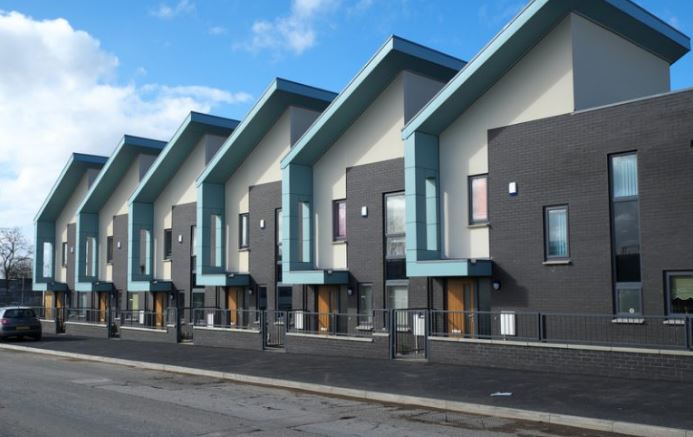Is Prefabrication Housing The Future Of Sustainable Housing? (2014)
Prefabrication Housing Dissertation – This dissertation is set out to determine if the prefabricated method of construction offers a worthy, sustainable alternative to house building in the UK. It does so by identifying, analysing, comparing, and evaluating the benefits and implications this method of construction offers over traditional construction practices involved in modern day house building. The economic and financial pillars of sustainability will be the basis for considerations of such advantages.
This study finds that prefabricated housing construction at present in the UK is not yet accepted widespread across the country, with low demand levels for such properties. Large-scale factories, capable of producing lower retail costing dwellings are scarce in the UK, in contrast to the larger manufactures seen in the US and European markets. The study finds the alternative, modern method of construction provides a worthy alternative however, the demand and means to produce such housing at a financially effective way is failed to be accomplished in the UK at present.
The main recommendations arrived at are that the use of prefabricated housing, as an alternative, should be further pursued in the UK as many benefits, both financially and environmentally exist under this practice enabling much greater efficiency to be achieved. However the comparative analysis demonstrated how tighter control and regulations on the environmental impact and sustainability of traditional house building in the UK, can provide a sustainable, efficient practice to home creation, albeit at greater expense to the consumer.
- 15,000 words – 60 pages in length
- Excellent use of literature
- Good analysis of the subject area
- Well written throughout
- Ideal for quantity surveying students
1: Introduction
Problem Specification
Literature Review
Methodology
2: The Need for Change
House Building Methods
Traditional House Building Inefficiencies and Problems
Conclusion
3: Environmental Benefits and Implications
Benefits of the Prefabricated Manufacture of Homes
Environmental Implications of Prefabricated Manufacture
4: Social Sustainability and Adoption
Demand Levels and Impacting Factors
Wider Prefabrication Housing Adoption through Social Housing
5: Discussion
6: Conclusion
Conclusions
Recommendations
References

